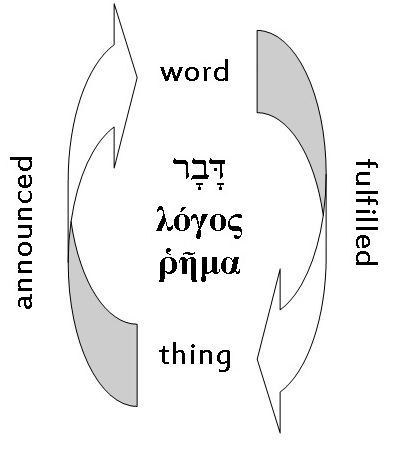Caller: Hello?
Voice: You’ve reached the Selfish Gene Support Line, 1800 ATHEISM. Can I help you?
Caller: I saw your number on a telegraph pole. I said, ‘I can’t believe how lucky I am to see that. I trust these guys.’
Voice: Thank you. We believe we’re offering a necessary service.
Caller: The thing is, though [pause] … I just feel so down. It’s all so empty, and I can’t find the answers.
Voice: Let’s talk about some of that. What kinds of questions trouble you?
Caller: If it’s worthwhile at all. I guess ‘it’ is life. And life means my family and job and fun times and … everything. I just feel a hollowness there.
Voice: Do you have any break from the feeling.
Caller: If I do, it’s fleeting. The beach – beautiful! But I ask ‘why?’ Dinner with friends – a laugh a minute, but I still feel trapped inside my skin. It’s always, ‘What’s the point? Who am I anyway?’
Voice: How serious is this for you?
Caller: You’re wondering if I’m suicidal, aren’t you? And you ask so nicely! Thanks. But yes, I’ve wondered if I should end it all. There just seems to be no hope, no answer to my questions.
Voice: Let me assure you, you have great questions. And as we always say Science has all the answers. This is what will set you free, Science has all the answers. [Sound of disconnect.] Hello? Hello?



